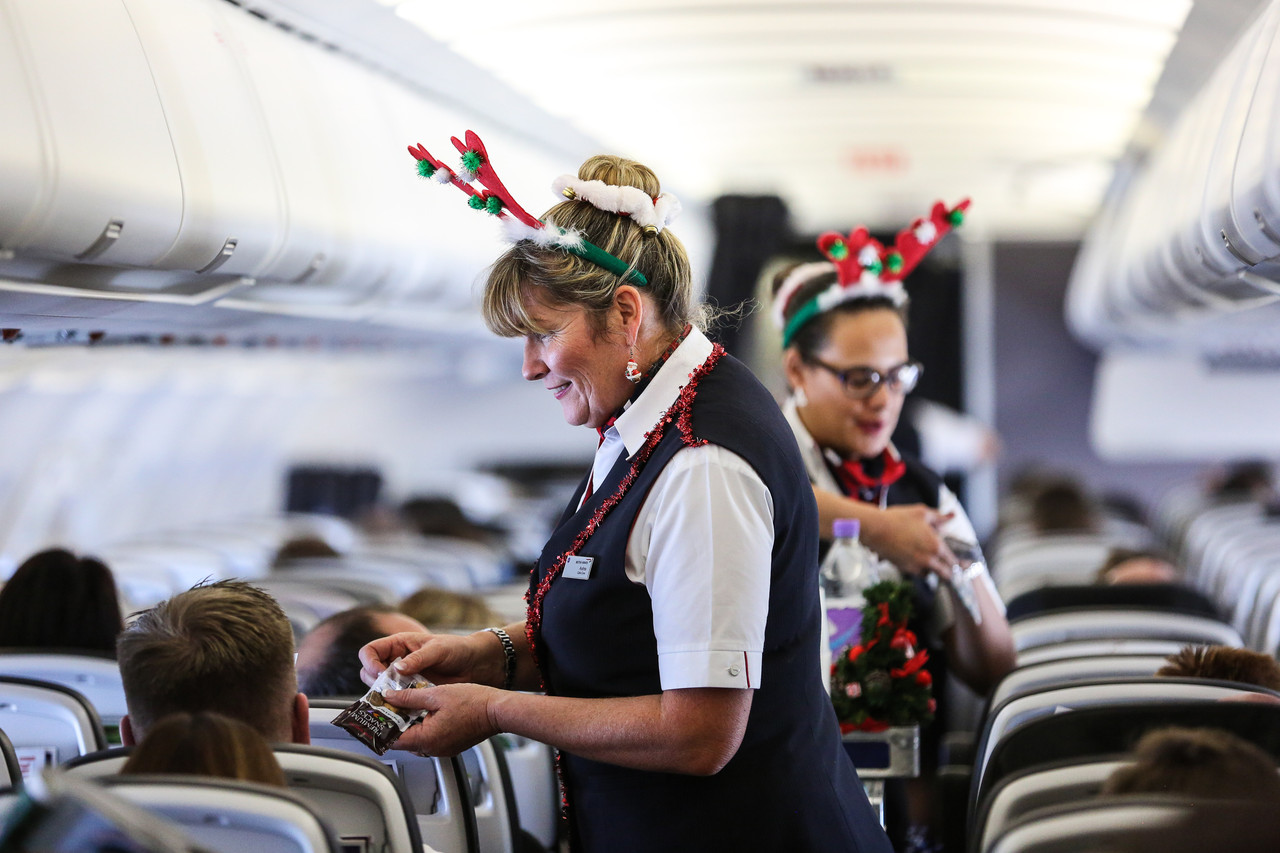
What does good service mean to you? Well, no matter where in the world you’re from, good service is the same in every language according to Karen Slinger, the head of Cabin Crew at British Airways. But while good service might be easily translatable, the ability to communicate with a massively diverse range of passengers is still an essential skill for any airline and its cabin crew.
English might be the defacto language of aviation (and an essential skill for most cabin crew no matter where they are based in the world) but British Airways isn’t relying on its global position to be sloppy with service. In fact, the airline says its cabin crew speak some 45 different languages between them and more than 2,000 crew speak at one other language apart from English.
French is a particularly popular language, along with Spanish, German and Italian. Others speak Finnish, Punjabi and Portuguese, as well as Afrikaans and sign language. There are also Korean, Japenese and Mandarin speakers – Numbers of the latter was boosted this year when British Airways went on a hiring spree for international Chinese crew after service levels and passenger satisfaction plummeted on flights to and from China.
“We know that our customers value the efforts our cabin crew go to, to make sure they have an enjoyable and comfortable experience when they fly with us,” explains Slinger.
“Our cabin crew have looked after more than 45 million customers this year, across 300,000 flights, and we look forward to welcoming even more travellers on board in the New Year.”
But while British Airways might be rightly proud of the language skills its cabin crew possess, it hasn’t always considered its importance when making business decisions. Earlier this year, the airline axed its international cabin crew base in Hong Kong and in the process lost dozens of respected Cantonese speaking staff. Similar closures have affected international crew in Singapore and Argentina.
The new year may also not be without its challenges – with Brexit fast approaching there are concerns that businesses, including those in the airline industry, will lose access to valuable skills based on the Continent. British Airways, who have traditionally drawn cabin crew from across Europe may too find the right talent in short supply after the United Kingdom withdraws from the EU.
Many airlines put a particular emphasis on hiring cabin crew with language skills or who have a knowledge and understanding of different cultures. Few, however, go as far as Dubai-based Emirates who are able to sponsor cabin crew from around the world. The UAE’s visa system has allowed the airline to hire cabin from over 135 countries – speaking over 55 languages amongst them.
Mateusz Maszczynski honed his skills as an international flight attendant at the most prominent airline in the Middle East and has been flying ever since... most recently for a well known European airline. Matt is passionate about the aviation industry and has become an expert in passenger experience and human-centric stories. Always keeping an ear close to the ground, Matt's industry insights, analysis and news coverage is frequently relied upon by some of the biggest names in journalism.







